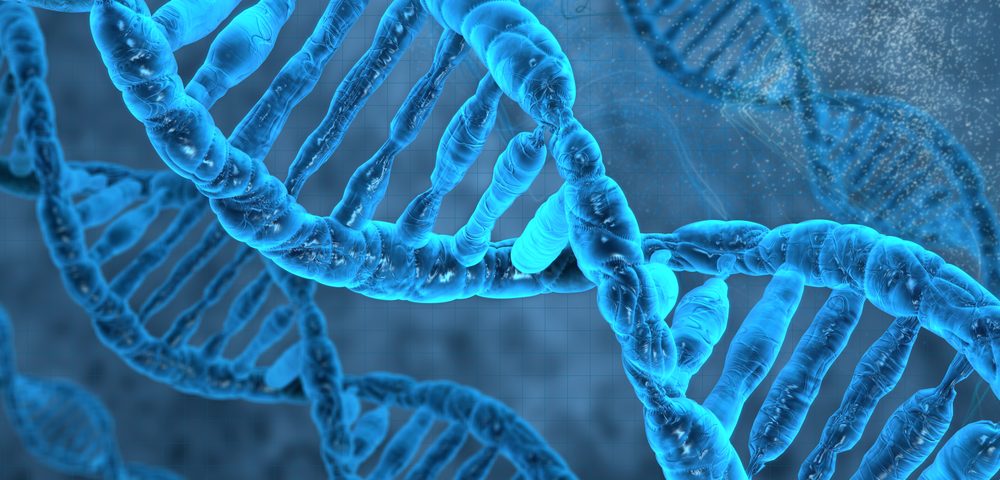Proteins that are often mutated in T-cell lymphomas are crucial for normal T-cell development, researchers have discovered.
Mice lacking the factors developed an abnormal T-cell type that gave rise to lymphoma-like tumors — findings that may aid in the search for treatments for the cancer.
The study, “TET proteins regulate the lineage specification and TCR-mediated expansion of iNKT cells,” also demonstrated that an intact immune system may be unable to protect against cancer if abnormal T-cells start dividing uncontrollably. The research was published in Nature Immunology,
The research team at La Jolla Institute for Allergy and Immunology bred mice that lacked the proteins TET2 and TET3 in T-cells.
TET2 is often mutated or lost in blood cancer such as lymphoma, and, as suspected, the mice developed a lymphoma-like cancer while only a few weeks old. The team also noted that the mice had a very rare T-cell called invariant natural killer T cells (iNKT).
“We knew that TET proteins were involved in human cancer but we didn’t know how they regulated T cell development,” Angeliki Tsagaratou, PhD, the study’s first author, said in a press release.
“When TET proteins are lost, iNKT cells that lack them apparently become trapped in an immature, highly proliferative state,” Tsagaratou said. “Unlike normal cells, they can’t switch off growth-promoting genes: They just keep dividing.”
TET proteins protect against cancer by controlling whether other genes are on or off. Some of the genes that TETs guard are growth-promoting factors. They achieve this type of control by placing molecular tags, known as methyl groups, on the DNA, making the gene inaccessible to the protein-making machinery.
The team also injected the abnormal iNKT cells into healthy mice, which developed a lymphoma-like cancer soon after the cell transfer.
“We weren’t expecting this,” Tsagaratou said. “When we transferred mutant cells we thought healthy mice would control their expansion. But in three months mutant cells took over the mouse’s immune system and rapidly gave rise to tumors.
“Right now we don’t know how TET mutations specifically contribute to either T-cell lymphomas or leukemias,” he said. “But we think these mutations are early events in both. Identification of additional factors would give us a broad idea of all steps in pathway and provide multiple targets to hit.”


